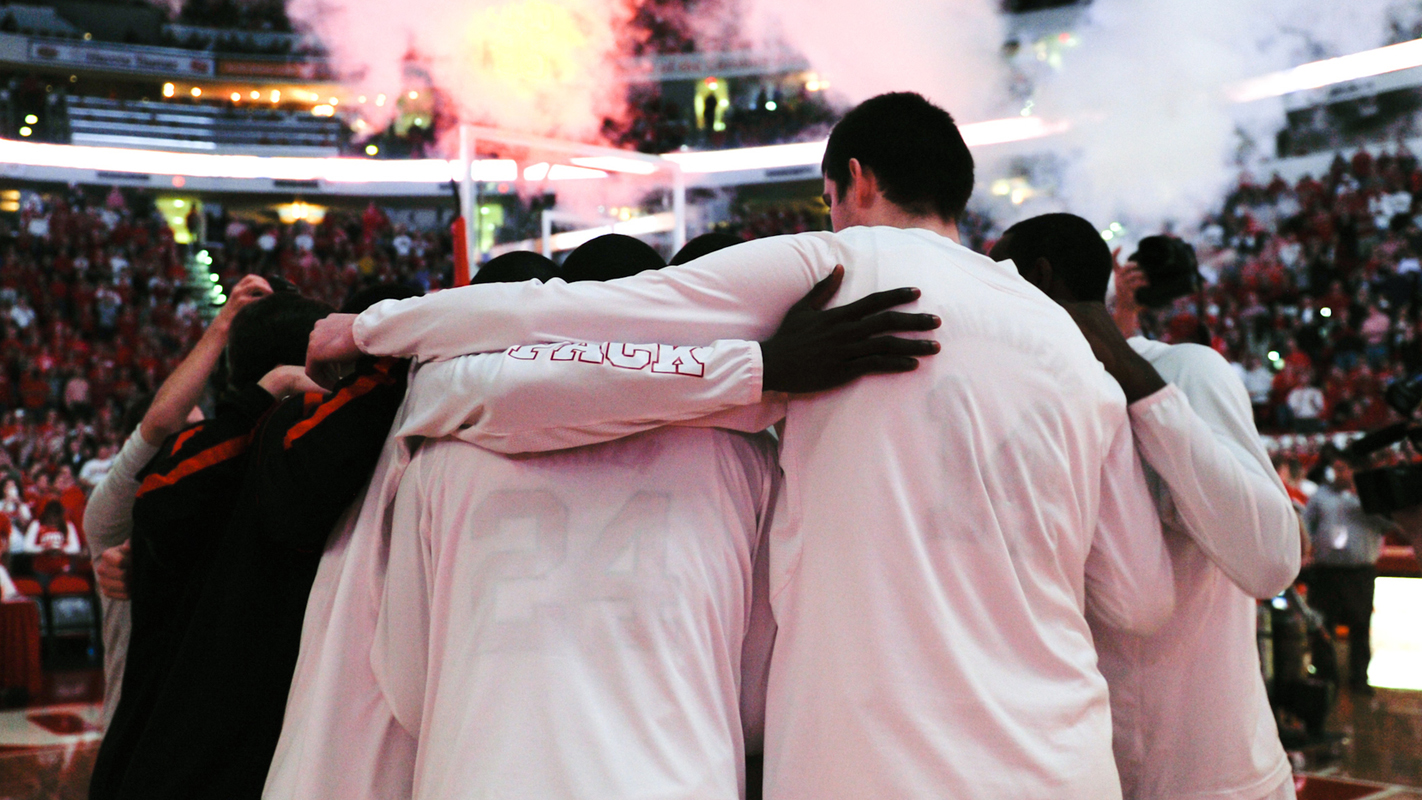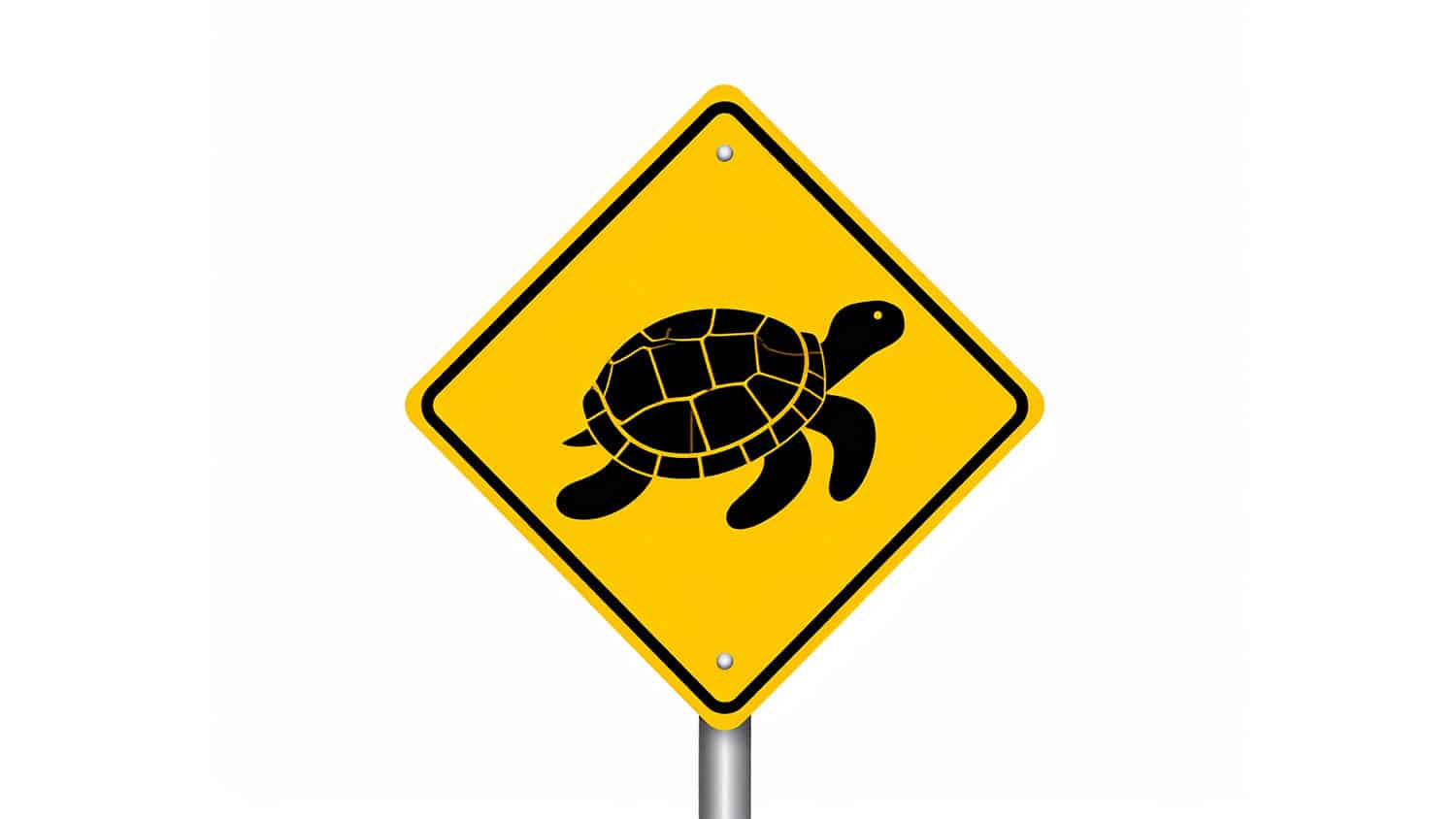Study Offers Insight Into Challenges College Athletes Face

For Immediate Release
A new study from North Carolina State University sheds light on how some collegiate student-athletes deal with uncertainties ranging from excelling in both school and sports to their career prospects outside of athletics, and urges university athletic programs to adopt new efforts to support student-athletes.
“We wanted to explore how student-athletes at top-tier universities cope with the dual challenges of meeting the expectations of their teams while simultaneously complying with their responsibilities as university students,” says Dr. Lynsey Romo, an assistant professor of communication at NC State and lead author of a paper on the work.
The study was based on in-depth interviews with 17 student-athletes at a university that is considered to be “elite” in both its academic and athletic programs.
“This is a qualitative study, so we can’t generalize these findings to all college athletes,”Romo says. “But it’s highly likely that universities with both high-level academics and athletics can use this information to examine their own programs and explore possible services for their student-athletes.”
The researchers found that student-athletes reported feeling uncertain in three areas: personal uncertainty, such as uncertainty about injury or about balancing school work and sports; social uncertainty, such as uncertainty related to who their “real” friends are; and future uncertainty, such as uncertainty concerning their post-collegiate careers and whether the time they spend pursuing athletics will hurt their career prospects.
Most of the student-athletes reported using a variety of techniques to reduce uncertainty. These uncertainty-reduction strategies included seeking social support from friends, family, or academic counselors; socializing with friends to take a break from sports and school pressures; negotiating with coaches in an attempt to raise their scholarship; and sometimes concealing their athlete status from peers to minimize people befriending them for the wrong reasons, or prevent negative stereotypes. Other student-athletes came to terms with uncertainty as a natural part of life and turned to prayer to help them cope.
“Our findings suggest that universities can do more to prepare students for life outside of athletics,” Romo says. “For example, athletics departments may be able to work with employers to offer flexible paid or unpaid professional internships around student-athletes’ seasons. In this way, student athletes can receive work experience in fields outside of sports.
“In addition,” Romo says, “university athletics programs should take steps to give student-athletes more free time – what is sometimes overlooked amidst a heavy athletics and academic schedule is the scholar athletes’ need to unwind and decompress. Study participants reported having to make a concerted effort to see family and friends, often at the cost of time that could have been devoted to schoolwork. They need more downtime.”
The paper, “‘You Never Know What’s Gonna Happen’: An Examination of Communication Strategies Used by College Student-Athletes to Manage Uncertainty,” is published online in the journal Communication & Sport. The paper was co-authored by NC State undergraduates Christine Davis and Alyssa Fea.
-shipman-
Note to Editors: The study abstract follows.
“‘You Never Know What’s Gonna Happen’: An Examination of Communication Strategies Used by College Student-Athletes to Manage Uncertainty”
Authors: Lynsey Kluever Romo, Christine Davis, and Alyssa Fea, North Carolina State University
Published: online Sept. 17, Communication & Sport
DOI: 10.1177/2167479514549371
Abstract: Student-athletes are regularly faced with uncertainty, particularly at the highest levels of collegiate sports. Although it can result in both adverse and beneficial outcomes, little is known about the nature of this uncertainty. Thus, framed by Uncertainty Management Theory (UMT), this study relied on in-depth interviews of 17 student-athletes at an athletically-and-academically elite U.S. university to uncover what uncertainty scholar-athletes encountered and how they managed this ambiguity communicatively. The investigation found student-athletes experienced personal (e.g., injury), social (e.g., friends), and future (e.g., career) uncertainty. Participants managed this uncertainty through the use of communication strategies such as seeking social support, not disclosing their athlete status, or relying on prayer. While most participants perceived uncertainty as negative and sought to reduce it, some embraced it and learned to adapt. In addition to uncovering tangible uncertainty management strategies, the study recommends that college athletics departments implement several measures to address uncertainty.
- Categories:


